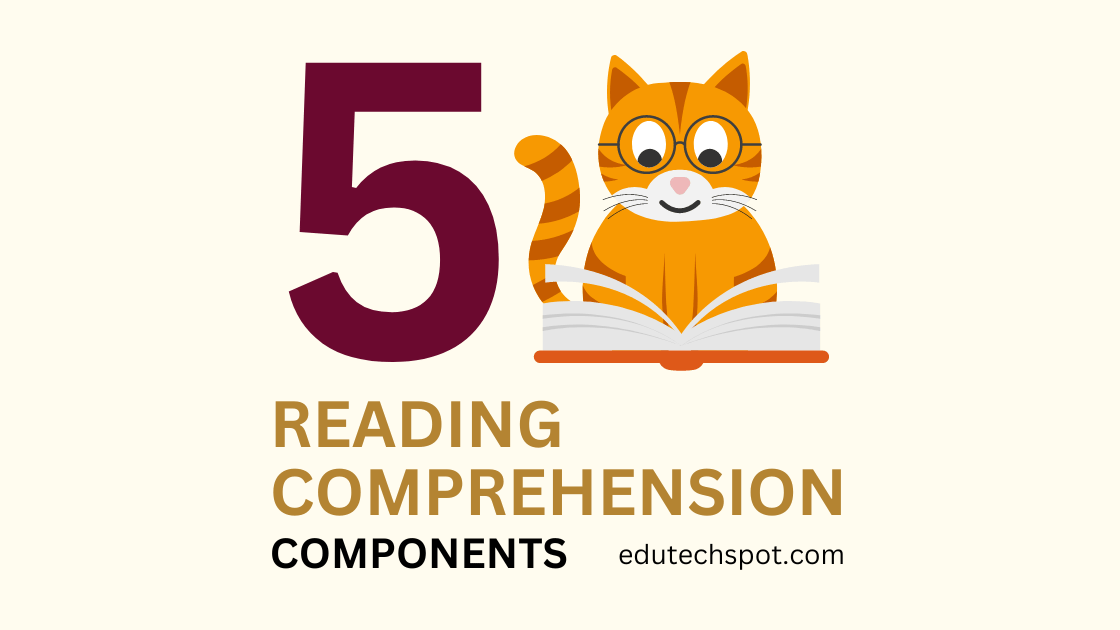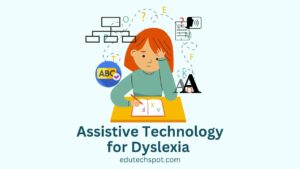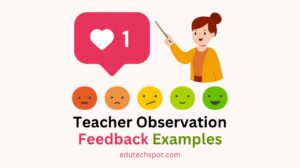Reading comprehension is an essential skill that helps individuals to understand and analyze written text. It requires the integration of various cognitive and language abilities, including phonemic awareness, decoding, fluency, vocabulary, and background knowledge. In this article, we’ll dive deeper into the five components of reading comprehension and how they impact overall reading performance.
Phonemic Awareness
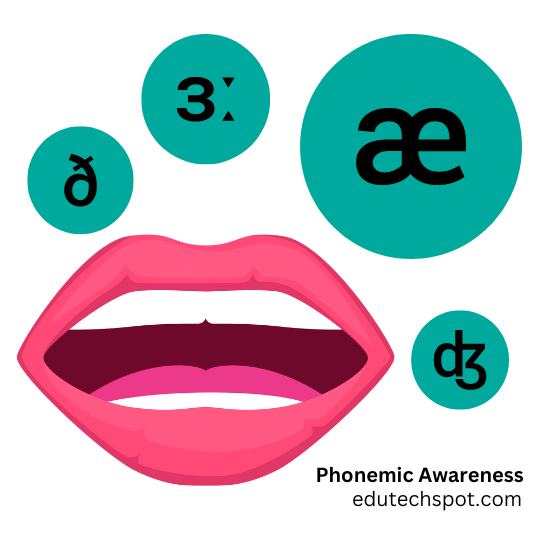
Phonemic awareness refers to an individual’s ability to recognize and manipulate the sounds of language, including individual phonemes (the smallest units of sound) in spoken words. It is a critical component of reading comprehension because it lays the foundation for accurate and efficient decoding of written text. Children who have developed phonemic awareness are better equipped to identify and sound out words, improving their overall reading accuracy and fluency.
More:
English Phonetic Alphabet with IPA Vowel Chart Examples
Teaching English Phonetics Sounds using Mcmillan Pronunciation App for Android
Decoding
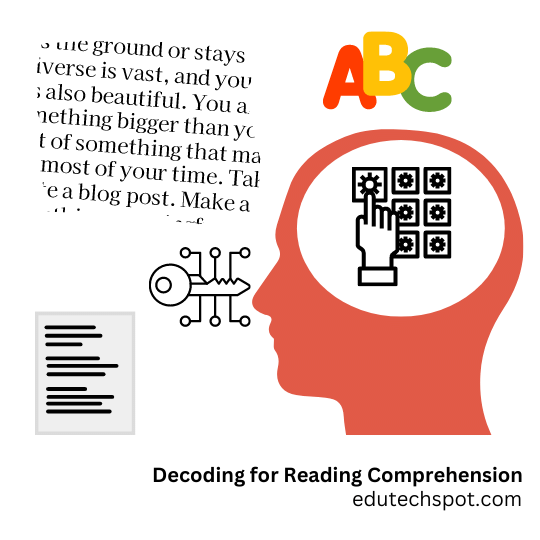
Decoding involves translating written text into spoken words. It is a critical component of reading comprehension as it allows individuals to understand the meaning of written words and sentences. Decoding skills are essential for recognizing and pronouncing words accurately, which helps to increase reading fluency and comprehension. Children who struggle with decoding often experience difficulties with understanding the meaning of written text and may require additional support to develop their decoding skills.
Fluency
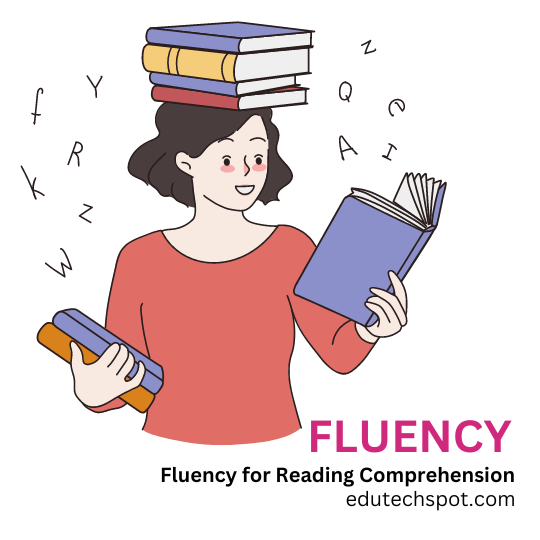
Fluency refers to the ability to read text accurately, smoothly, and with expression. Fluent readers are able to read text quickly and effortlessly, allowing them to focus on comprehending the meaning of the text. Children who struggle with fluency often have difficulty with decoding and may require additional support to develop their fluency skills. Improving fluency leads to increased reading accuracy and comprehension, as well as increased confidence and motivation in reading.
Vocabulary
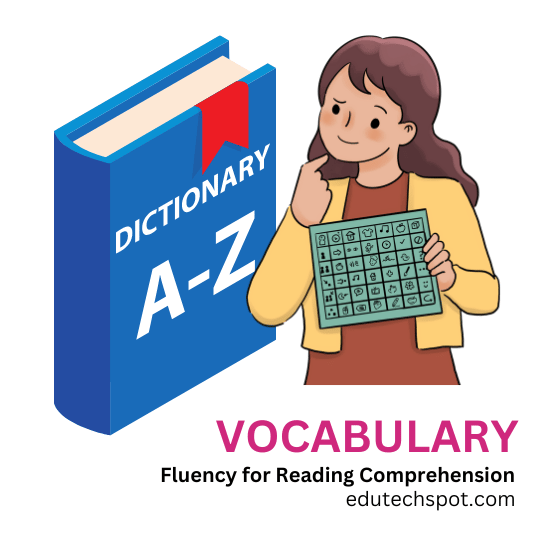
Vocabulary refers to an individual’s knowledge of words and their meanings. A strong vocabulary is essential for reading comprehension as it enables individuals to understand the meaning of written text. Children who have a limited vocabulary often struggle with understanding written text and may require additional support to develop their vocabulary skills. This can include exposure to a variety of texts, opportunities to learn new words, and explicit instruction in vocabulary building.
Background Knowledge
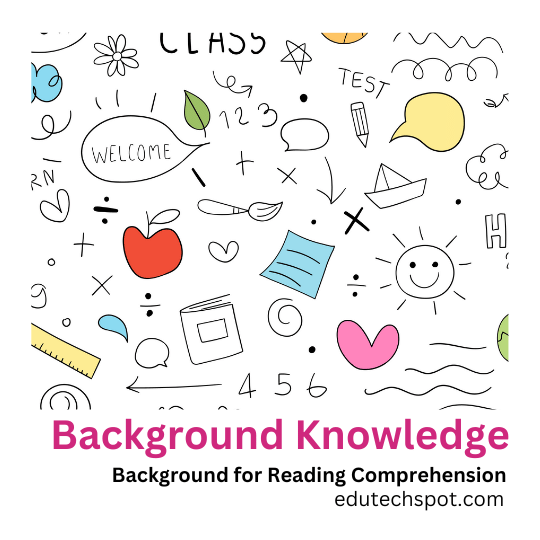
Background knowledge refers to the information and experiences an individual brings to a reading task. It is an essential component of reading comprehension as it helps individuals to make connections between the text and their prior knowledge, allowing them to understand the meaning of the text more effectively. Children who have limited background knowledge may struggle with understanding complex or abstract concepts in written text and may require additional support to build their background knowledge.
I would like to sum-up that the five components of reading comprehension are phonemic awareness, decoding, fluency, vocabulary, and background knowledge. Each component is interdependent and plays a critical role in overall reading performance. To support the development of strong reading comprehension skills, it is important to provide opportunities for children to develop and practice each of these components.
MORE: FREE Reading Websites
